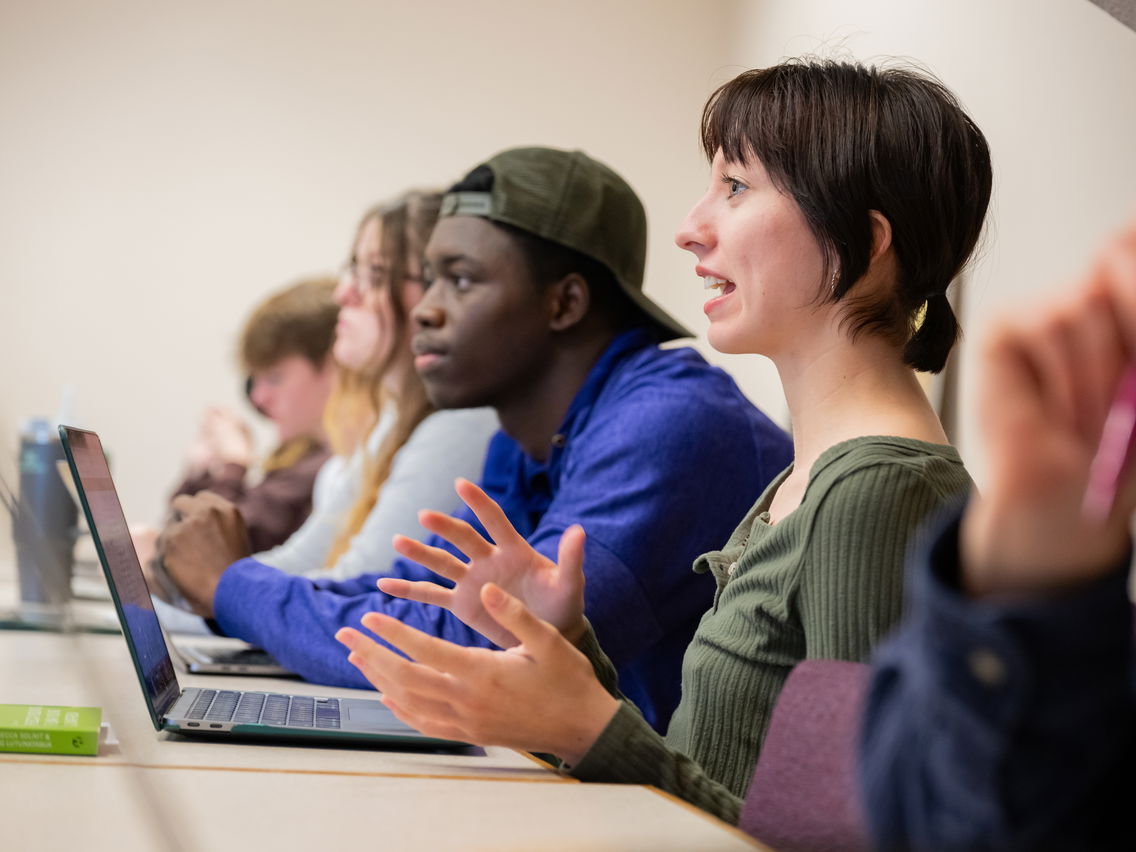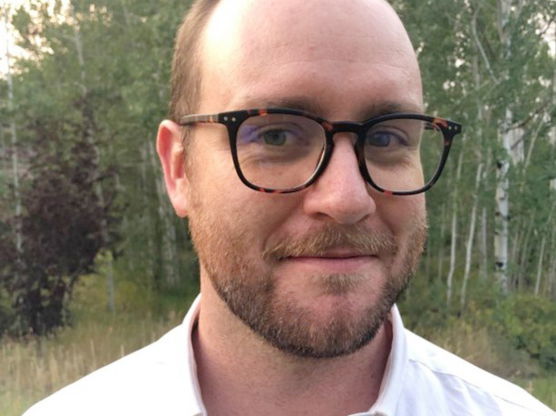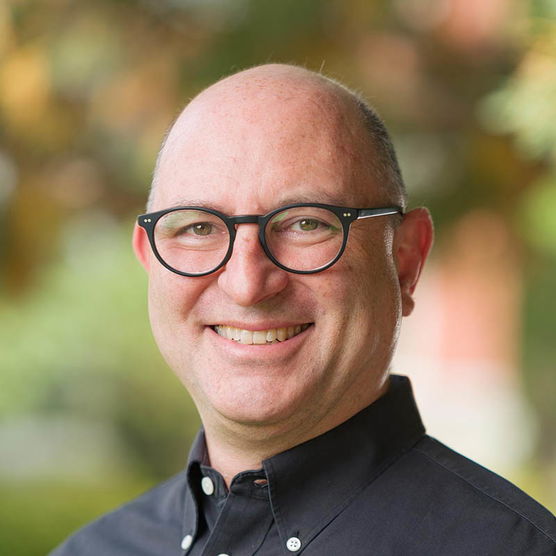Our History program requires 36 semester hours to complete the major, with a total of 124 credit hours required to complete the degree. This can be done over 9 courses with no more than 2 being at the 100-level and at least 4 being at the 300-400 level.
Students pursuing a History minor will need to complete 20 semester hours in History. Students must take 1 course in at least 2 of the following areas: United States, Asia, Europe, Comparative, Latin America, Middle East/North Africa. No more than 8 semester hours may be at the 100-level. At least two 300/400 level courses must be completed.











